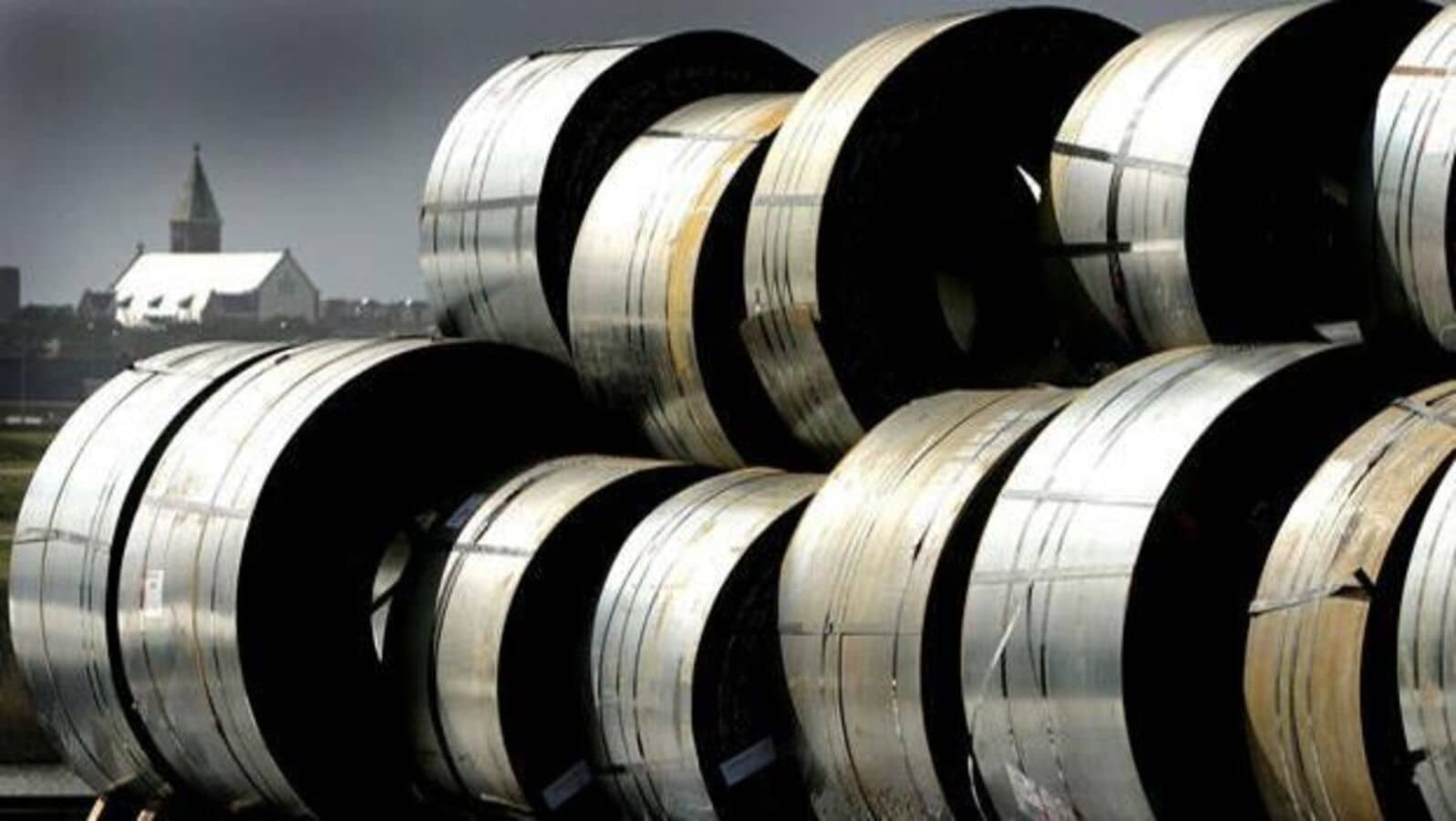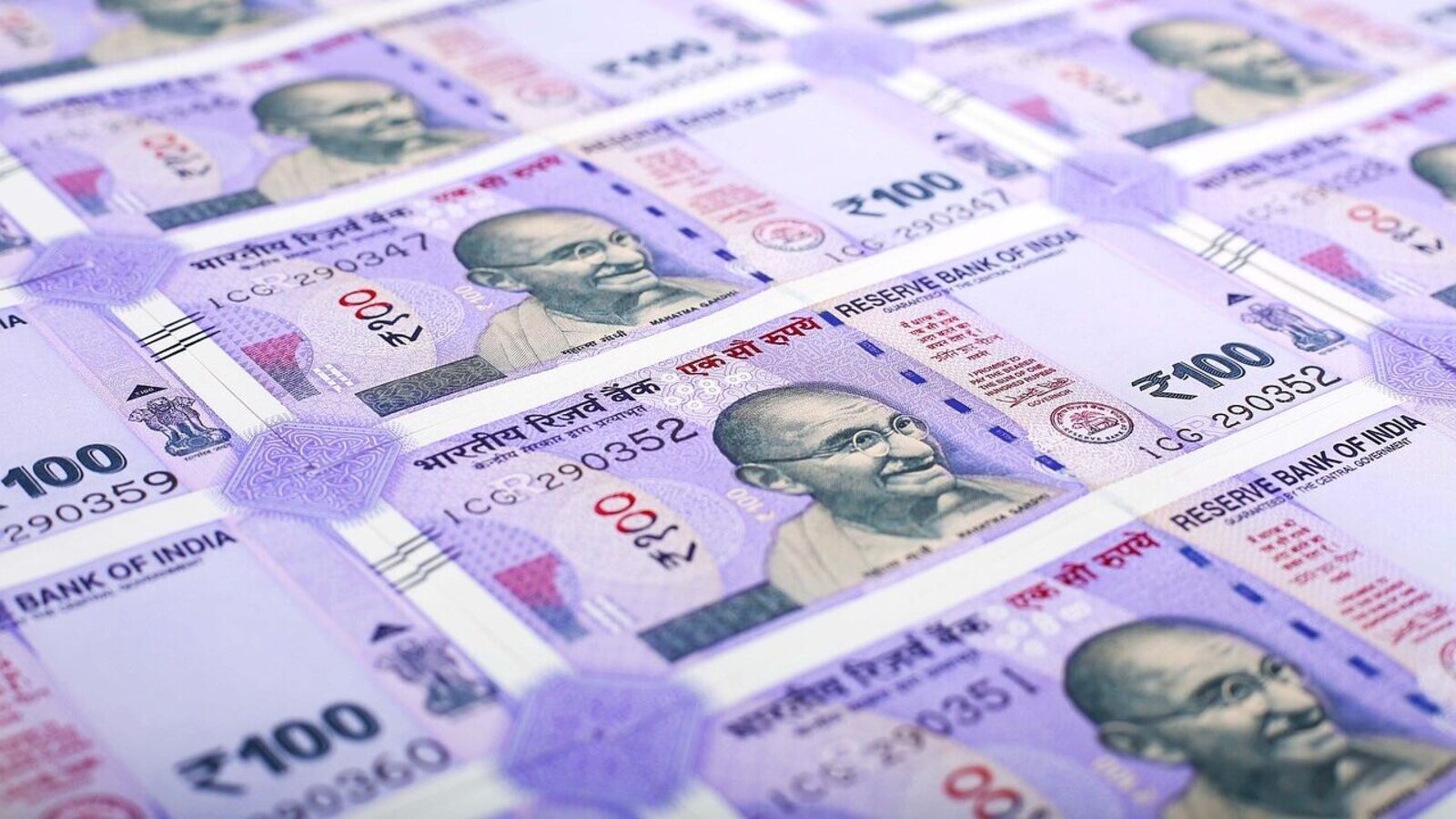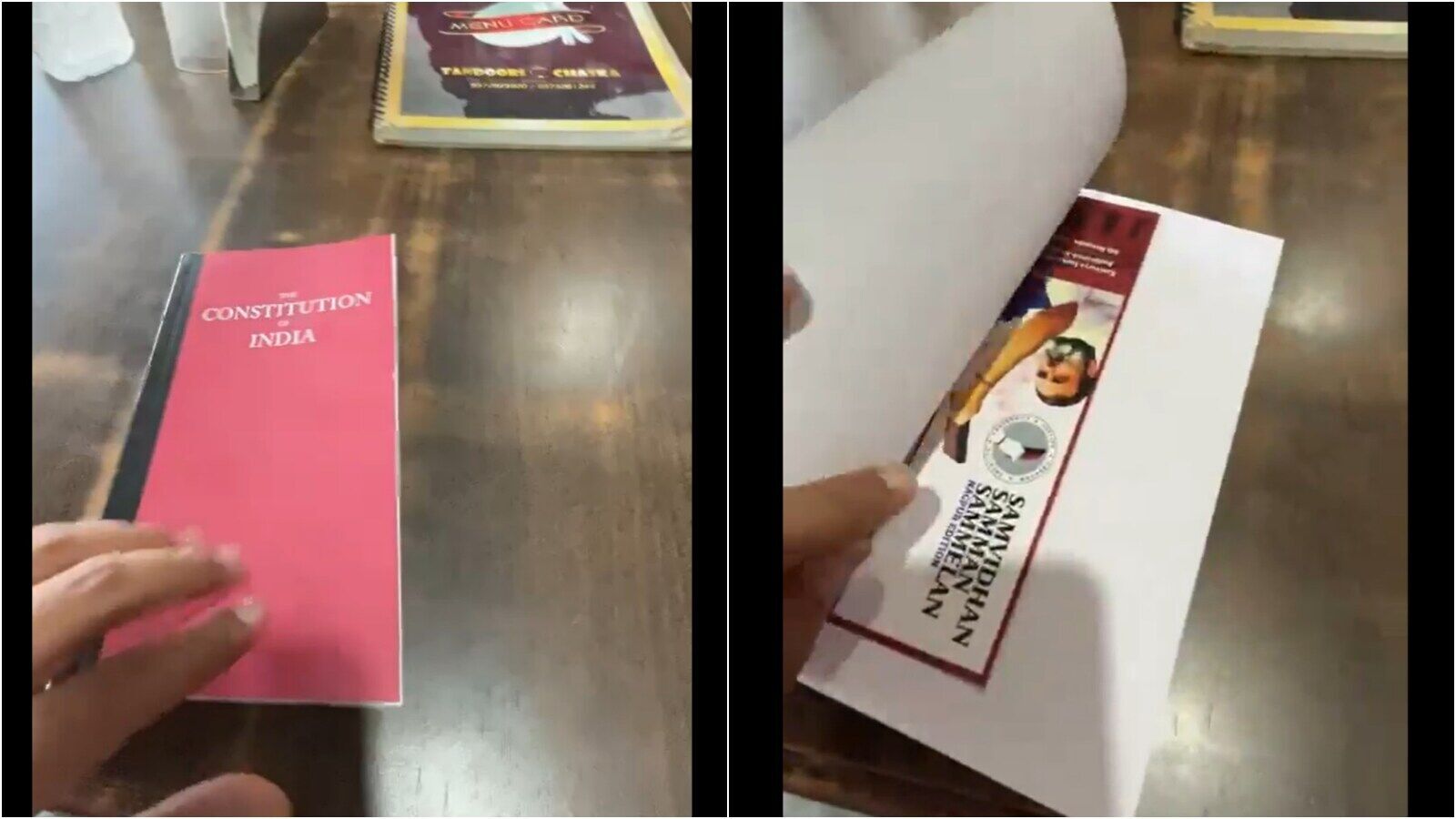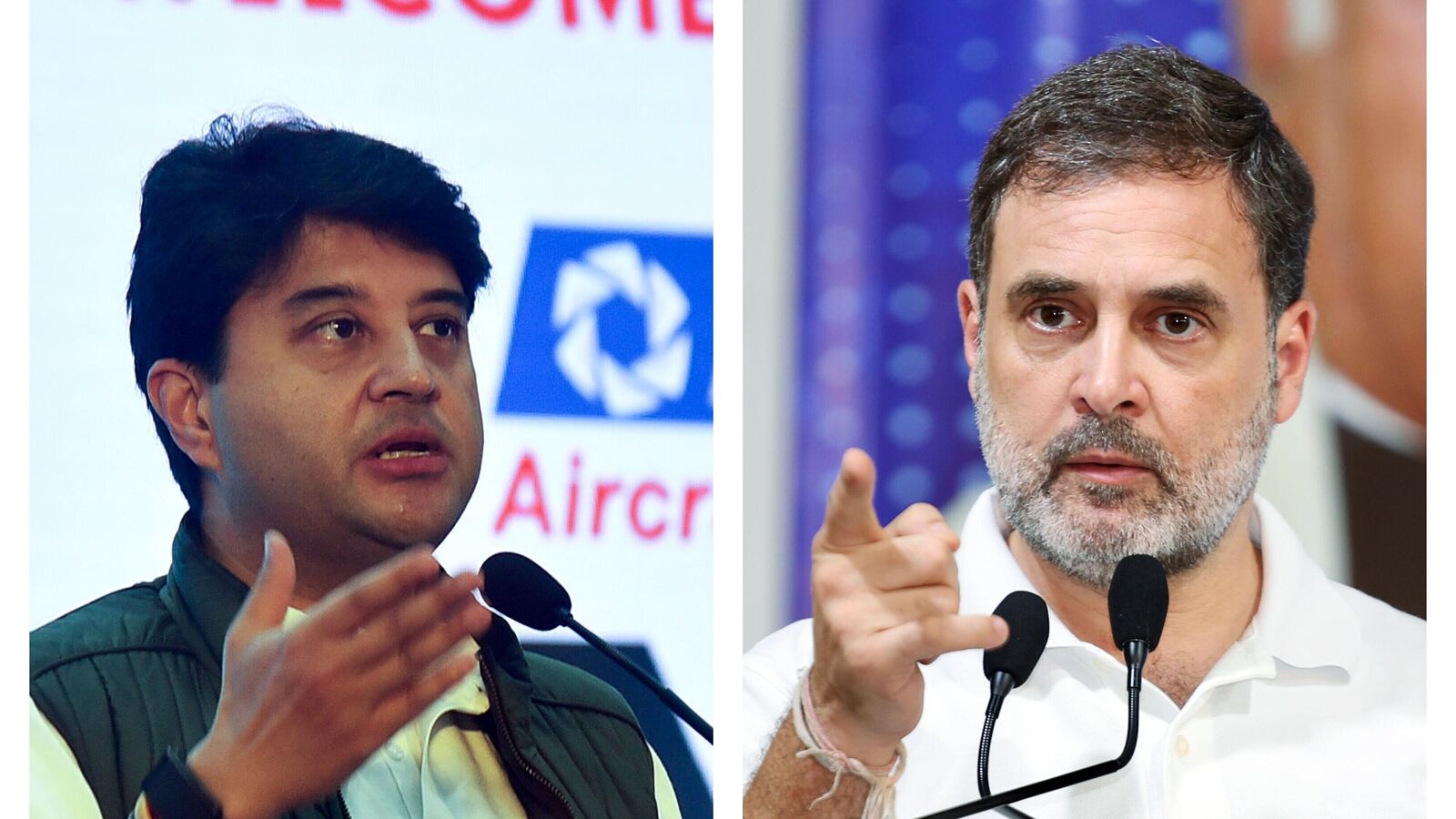[ad_1]
In a move to curb cheap Chinese steel imports and protect the domestic industry, the government is planning to bring additional steel products under the Bureau of Indian Standards (BIS) framework.
The plan also involves expanding the classification of existing steel standards to prevent products with minor variations from escaping scrutiny during imports, two persons aware of the development said.
The new standards as well as expanded definition of existing steel grades would be finalized in the next six months so that unrestricted imports of cut-price steel is checked, particularly from China, which has emerged as the number one source of steel dumping in India.
Also read | BIS, Vietnam probe cloud steel imports
An import is said to be dumped when it is sold at lower than the cost of production.
“We are saying that all the categories of that have slight variations from the defined BIS standards, they should be included in one of the steel grades. If any grade is still left, we have asked BIS to define standards for them so that most of the steel being imported form part standards,” said the first person quoted above.
“In six months’time, we want that almost all grades are covered under BIS standards so that there is no need for no-objection certificate (NOC) from the steel ministry for imports. Such NOC, thereafter, will be given only in cases where a particular steel grade is not made in India and the quantity of imports is too small,” said the second person.
India has 151 standards that cover 1,375 grades of steel. Having standards for steel grades means that any exporter sending steel consignment to India also has to take a licence from BIS conforming steel exports to the standards set by BIS. In the absence of proper grading and standards, the ministry of steel is flooded with requests for NOCs for steel imports that also often push up imports of non-conforming cheap steel into the country.
Also read | Govt panel may approve ₹4,000 cr new PLI scheme for specialty steel
“The steel ministry has held consultation with BIS and has also appointed Mecon as technical consultant to identify and define new steel standards to prevent steel dumping from China,” said the first person.
These new standards will make it difficult for steel dumping as products will need to be certified before being permitted to enter the Indian market.
The move comes in the backdrop of India’s steel imports jumping by a staggering 41.3% between April and September of FY25 to 4.7 million tonnes (mt). China is the biggest contributor to this growth, accounting for 31% of the total imports, followed by South Korea at 26% and Vietnam at 8.4%.
Vietnam is also being leveraged by Chinese companies to dump steel in India, with the import spike from Vietnam being flagged by various Indian government departments. Vietnam accounted for 40,000 tonnes of imports during the same period.
“The expanded certification process will significantly benefit the steel sector in several ways. First, it will create a level playing field for domestic manufacturers by ensuring that all steel products in the market adhere to the same high-quality standards. This is particularly important in an environment where low-priced imports threaten the viability of local businesses. By enforcing stringent quality standards, the government can help boost consumer confidence in domestically produced steel, potentially increasing demand,” said Aditya Shrivastava, general manager, Jindal Steel and Power Ltd.
Also read | Imports weigh on Tata Steel Q2 net, even as European losses narrow
“Moreover, an enlarged mandate for steel grades is likely to prevent importers from escaping compliance with these standards. Overseas manufacturers often make minor adjustments to their products to circumvent regulations. By capturing a wider range of products under BIS certification, even small modifications can be scrutinized, thus tightening control over imports and reducing the likelihood of substandard materials entering the market,” he added.
Apart from standards, the government is also looking at duty protection for domestic steelmakers. Already the steel ministry is planning to take industry inputs and put it before directorate general of safeguards for necessary duty action to check dumping. Also, anti-dumping duty had been imposed on certain stainless steel grades.
India, which used to be a net exporter of steel, turned into a net importer by the end of last fiscal and the trend has continued for the current fiscal too. These cheaper imports have put pressure on prices impacting the revenue of steel companies.
[ad_2]
Source link











Leave a Reply